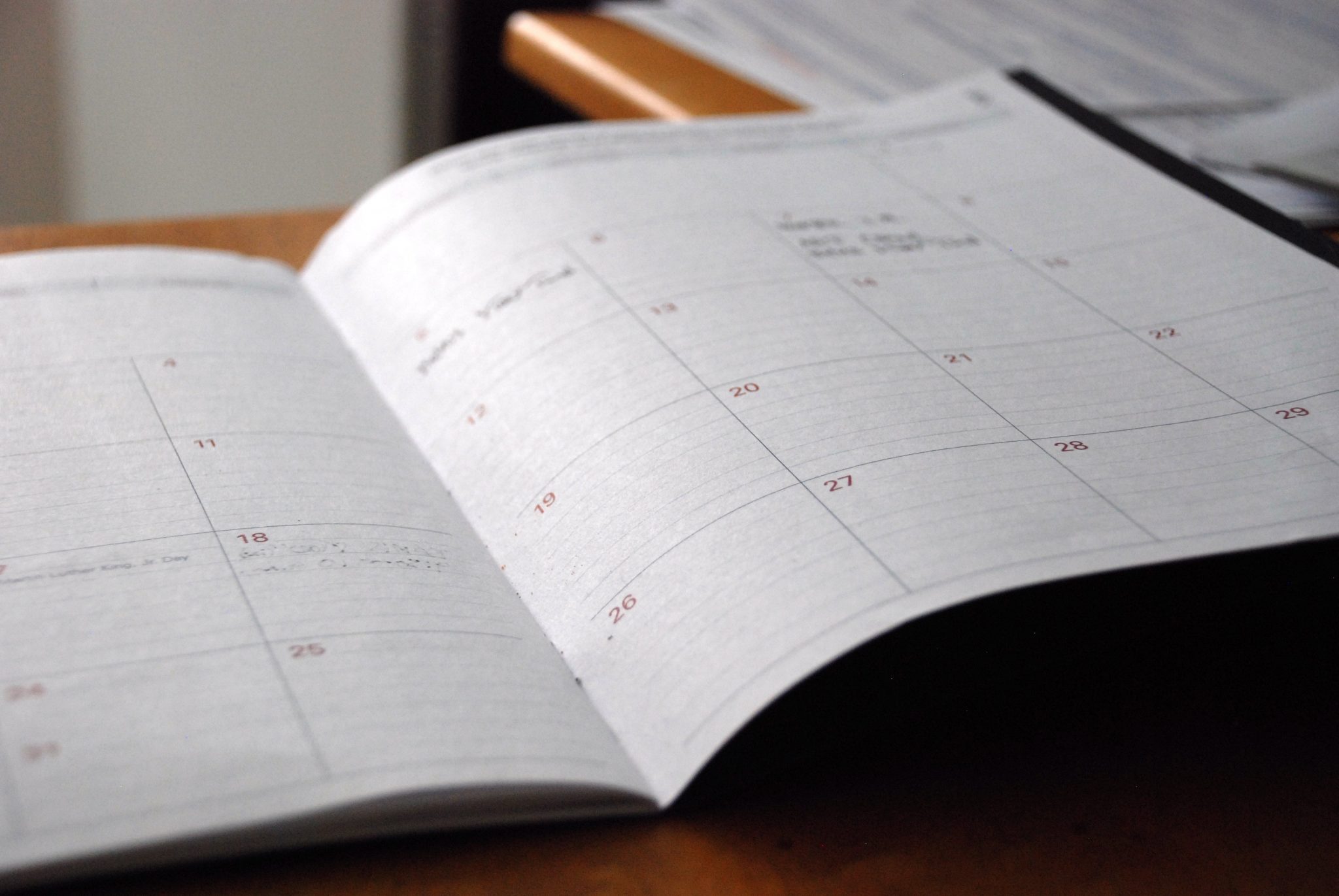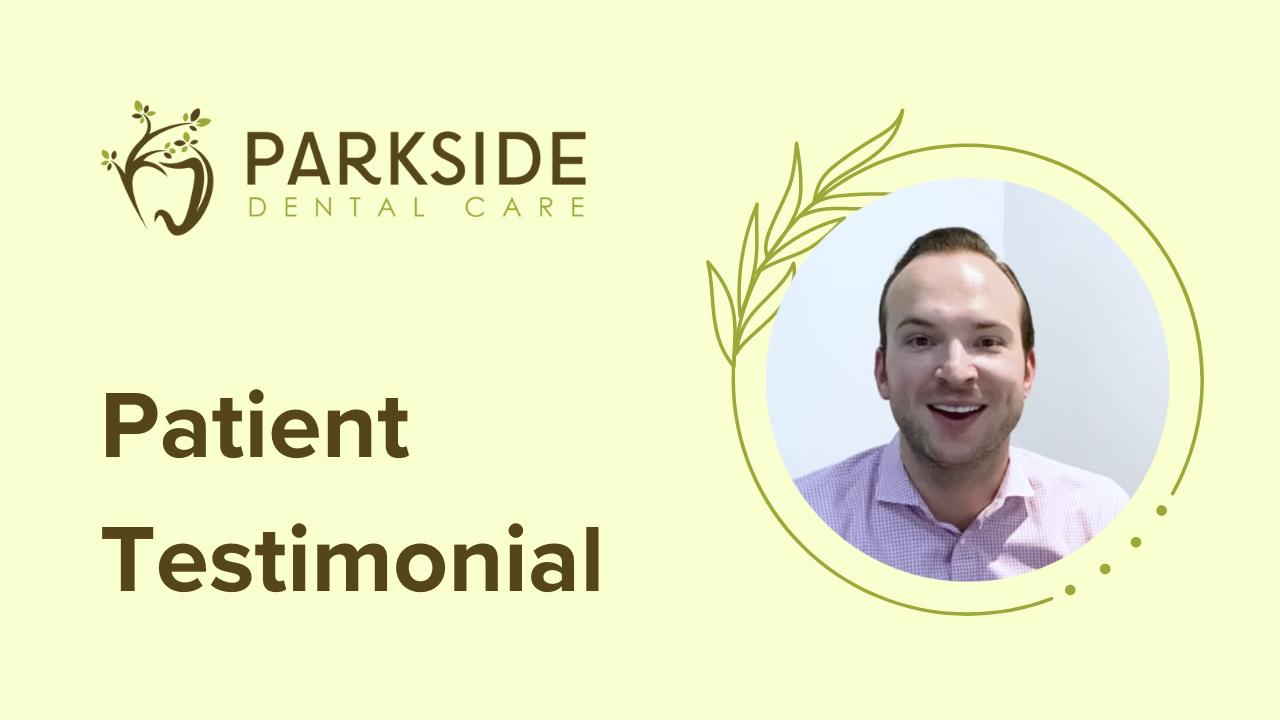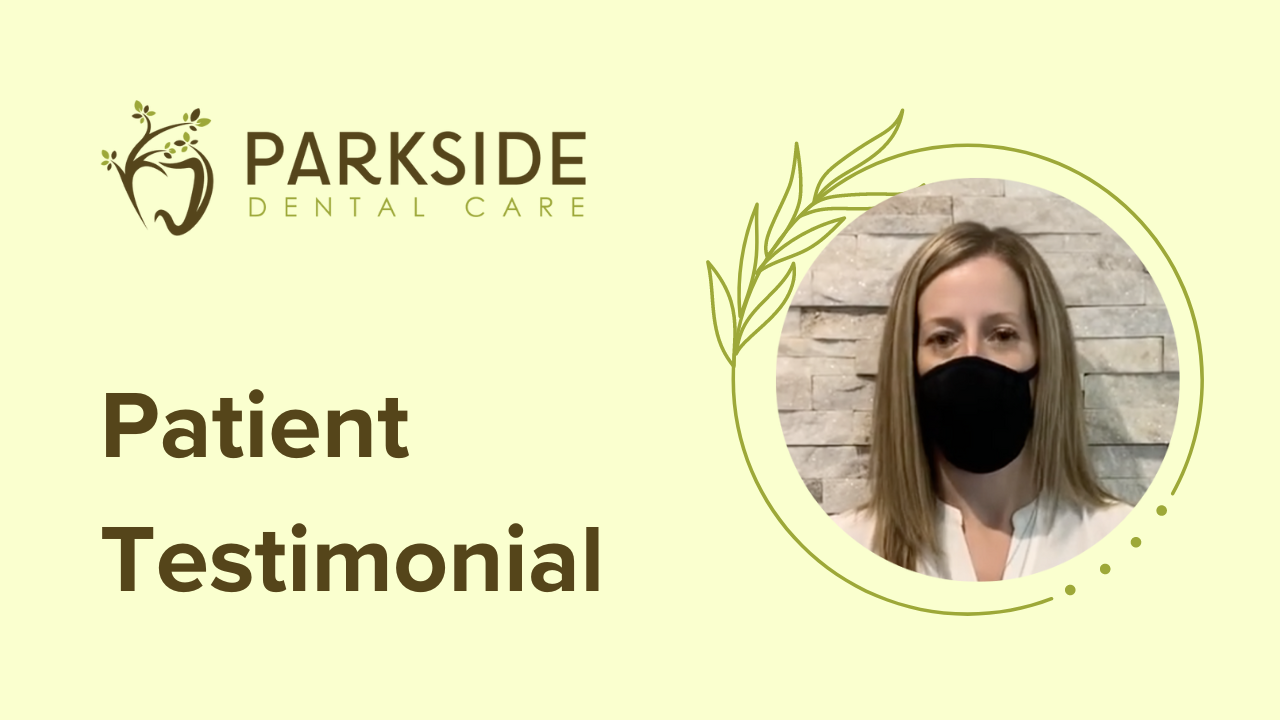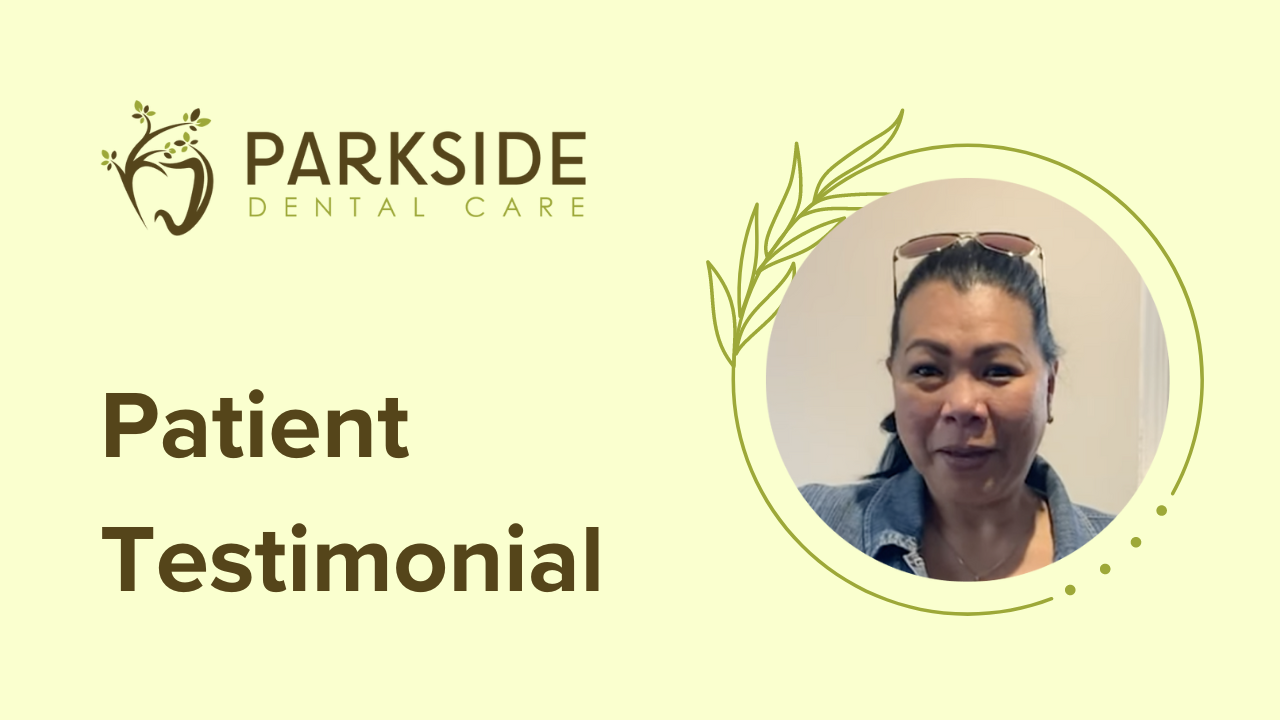

Is Tooth Extraction Necessary?
There are various reasons why tooth extraction might be recommended, including:
- Removing baby teeth that do not shed naturally.
- Creating space for orthodontic treatment.
- Addressing tooth pain or infection.
- Extracting a fractured tooth.
However, it’s important to note that tooth extraction may not always be the sole solution. If you’re experiencing tooth discomfort, we may explore alternative options to provide prompt relief while preserving your tooth. Early detection is key.
Please inform us if you are experiencing any of the following symptoms:
- Severe tooth pain.
- Pain aggravated by pressure or chewing.
- Jaw pain or stiffness.
- Swollen gums around a tooth or multiple teeth.
- Signs of gum disease such as discoloration, bleeding, or unpleasant odor.
The Treatment Process
A tooth extraction procedure is typically conducted by either a dentist or an oral surgeon during a single office visit. Here is an overview of the process, encompassing the evaluation of the need for tooth removal, the extraction itself, and post-extraction care:
Assessing Your Needs
Before proceeding with a tooth extraction, our dental professionals will conduct a thorough assessment of your symptoms and discuss available options. This step is essential for determining the most suitable course of action to ensure both your well-being and the health of your teeth.
The Extraction Procedure
Depending on your preferences and the dentist’s recommendation, a local anesthetic will be administered to numb the area where the tooth will be removed. Sedation options may also be available if needed. Our oral surgeons employ a minimally invasive technique to gently extract the tooth, prioritizing your comfort and swift recovery.
Recovery Guidelines
Following the extraction, you will receive detailed aftercare instructions, which encompass:
- Proper oral care during the healing process.
- What to anticipate in terms of recovery.
- How to address any potential complications that may arise. Should you have any additional concerns or questions, we are more than happy to schedule a follow-up appointment to address them.
Cost Of A Dental Extraction In Newmarket
The cost of a tooth extraction can vary depending on several factors. With a typical insurance plan, you can generally expect to pay around $100 to $200 or more out of pocket for a tooth removal. We are more than willing to provide you with a pre-treatment quote that you can submit to your insurance provider to determine your anticipated out-of-pocket expenses. For those without insurance, the cost typically ranges from approximately $200 to $600 or more per tooth.
Please note that it’s challenging for any dental practice to provide an accurate quote over the phone, as your treatment plan must be customized to your specific needs, which can only be determined after a thorough oral examination.
However, there are two broad categories of dental extractions that can offer a general idea of potential costs and reasons behind them:
Simple Tooth Extraction
A simple extraction is performed on visible teeth within the mouth and can be carried out by a general dentist using local anesthesia. The cost estimate for a straightforward, uncomplicated extraction of an accessible tooth is typically lower.
Surgical Tooth Extraction
A surgical extraction, a more complex procedure, is usually conducted by an oral surgeon in a dental surgery center. This procedure is necessary when a tooth is not easily visible or accessible, either due to incomplete eruption or a fracture below the gum line. The cost of a surgical tooth extraction is higher, reflecting the meticulous care, expertise, and consideration required for this specialized dental surgery.
Contact us today
to schedule an initial consultation & exam.
Your consultation will include an examination of everything from your teeth, gums and soft tissues to the shape and condition of your bite. Generally, we want to see how your whole mouth looks and functions. Before we plan your treatment we want to know everything about the health and aesthetic of your smile, and, most importantly, what you want to achieve so we can help you get there.

Winner Of The Three Best Rated Award
Dr. Chiang is the winner of the 3 Best Rated award for Best Dentists in Newmarket.
Frequently Asked Questions
Tooth extraction may be necessary in several situations, including:
– Severe tooth decay that cannot be effectively treated with other dental procedures.
– Advanced gum disease that has caused tooth mobility.
– Impacted wisdom teeth causing pain, infection, or other oral health issues.
– Teeth that need to be removed for orthodontic reasons.
– Broken or fractured teeth beyond repair.
– Preparation for dentures or other dental prosthetics.
Tooth extractions are typically performed under local anesthesia, which numbs the area, so you should not feel pain during the procedure. However, you may feel pressure or some discomfort. After the procedure, you may experience some pain and discomfort, but this can be managed with over-the-counter or prescribed pain medications. The level of pain can vary depending on individual tolerance and the complexity of the extraction.
The initial recovery period after a tooth extraction usually takes a few days to a week. During this time, you may experience swelling, mild discomfort, and some bleeding. Most people can resume their normal activities within a day or two but should avoid strenuous activities. Full healing of the extraction site and complete recovery may take several weeks.
Dry socket is a potential complication that can occur after a tooth extraction. It typically occurs 2-4 days after the extraction. The risk of developing a dry socket lessens significantly after the first few days. Most cases of dry socket are identified within the first week after the extraction. If you experience severe, increasing pain after an extraction, contact your dentist for evaluation and possible treatment.









